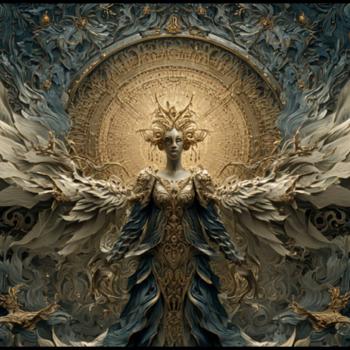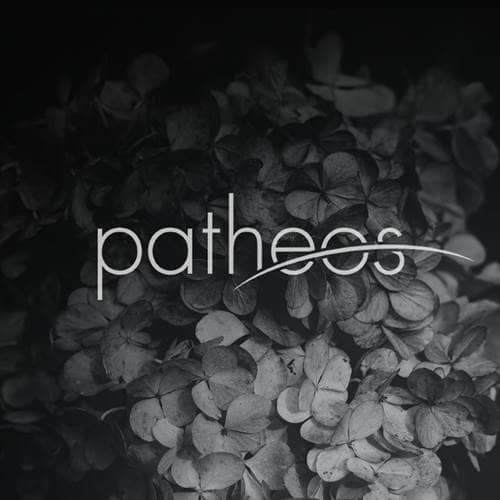
The Passover story is part of the Exodus narrative, in which the Israelites had been held in bondage (in Egypt) for 430 years (Exodus 12:41; Galatians 3:17), and were miraculously freed from slavery by the hand of their God. After pouring out a series of ten plagues upon the people of Egypt—the last of which caused the angel of death to “pass over” the children of Israel, sparing their lives—God commanded the Israelites: “And you shall observe this event as an ordinance for you and your children forever.” (Exodus 12:24) Thus, the annual Jewish holiday of Passover was born.
Christians would probably say that the Jewish Passover is really nothing like any holidays which Christians officially observe today. That being said, there are a few smaller Christian traditions who commemorate the Passover each year. However, for the most part, this tradition is largely a Jewish one—at least when commemorated as contemporary Jews celebrate it.
And yet, Passover does have important connections with Christianity. It will be remembered that Jesus introduced the Sacrament of the Lord’s Supper or Holy Communion—which is commemorated by the majority of Christian traditions—during the “Last Supper,” which is traditionally understood to have been a Jewish Passover Seder. One source explains that Jesus chose Passover as the night to introduce this sacrament or rite because, through this, “Jesus showed his followers that he would become the Passover Lamb of God.” Elsewhere we read:
“Why, then, did Jesus institute the Lord’s Supper on the Passover the night before His crucifixion? In the first place, it is because He is the fulfillment of all that was foreshadowed by the Passover lamb. His blood, the blood of the new covenant, averts the wrath of God for those who place their faith in Him. Second, it is because the Last Supper was the eve of the prophesied greater new covenant act of redemption—the promised act of redemption that the prophets described in terms of a new exodus—and just as the first exodus was preceded by the institution of the Passover, the greater new exodus was preceded by the institution of the Lord’s Supper. Jesus instituted the Lord’s Supper on this night to signify that this new exodus was about to begin. This act indicated that the time of redemption had come.”
With no offense intended toward our Jewish brothers and sisters, Christians—from Jesus’ day until today—have interpreted the feast of Passover through “Christian lenses.” Jesus was the Pascal lamb, the bitter herbs remind us of the bitterness of the bondage of sin, the saltwater testifies of the tears that come when we battle sin and sincerely repent and change our lives. Additionally, the Exodus from Egypt is our required exodus from sin, bondage, and the wicked world. Each element is, for Christians, about Christ and what He has done for the world and those who live in it.
Each week, month, quarter, or year that a Christian partakes of Holy Communion (or the Sacrament of the Lord’s Supper), he or she is participating in a Passover celebration. The partaker of those sacred emblems of bread and wine/juice/water is theoretically praying that the “destroying angel” will “pass over” him or her, that the doorway to escape the many forms of bondage prevalent in our day will be opened, and that God will lead him or her to a “promised land” (reminding all of the heavenly reward that awaits the faithful).
So, do Christians celebrate Passover? Well, if they are attentive to the scriptural narrative of the Last Supper and the consecrated or blessed elements of Holy Communion, then yes, they do! Otherwise, they have missed the point of that holy rite, and are having nothing more than a dry wafer and some warm wine, ultimately unimpactful in who they are and in what this event was intended to commemorate!
Read more about Christian beliefs, rituals and worship here.
5/14/2024 8:32:58 PM










